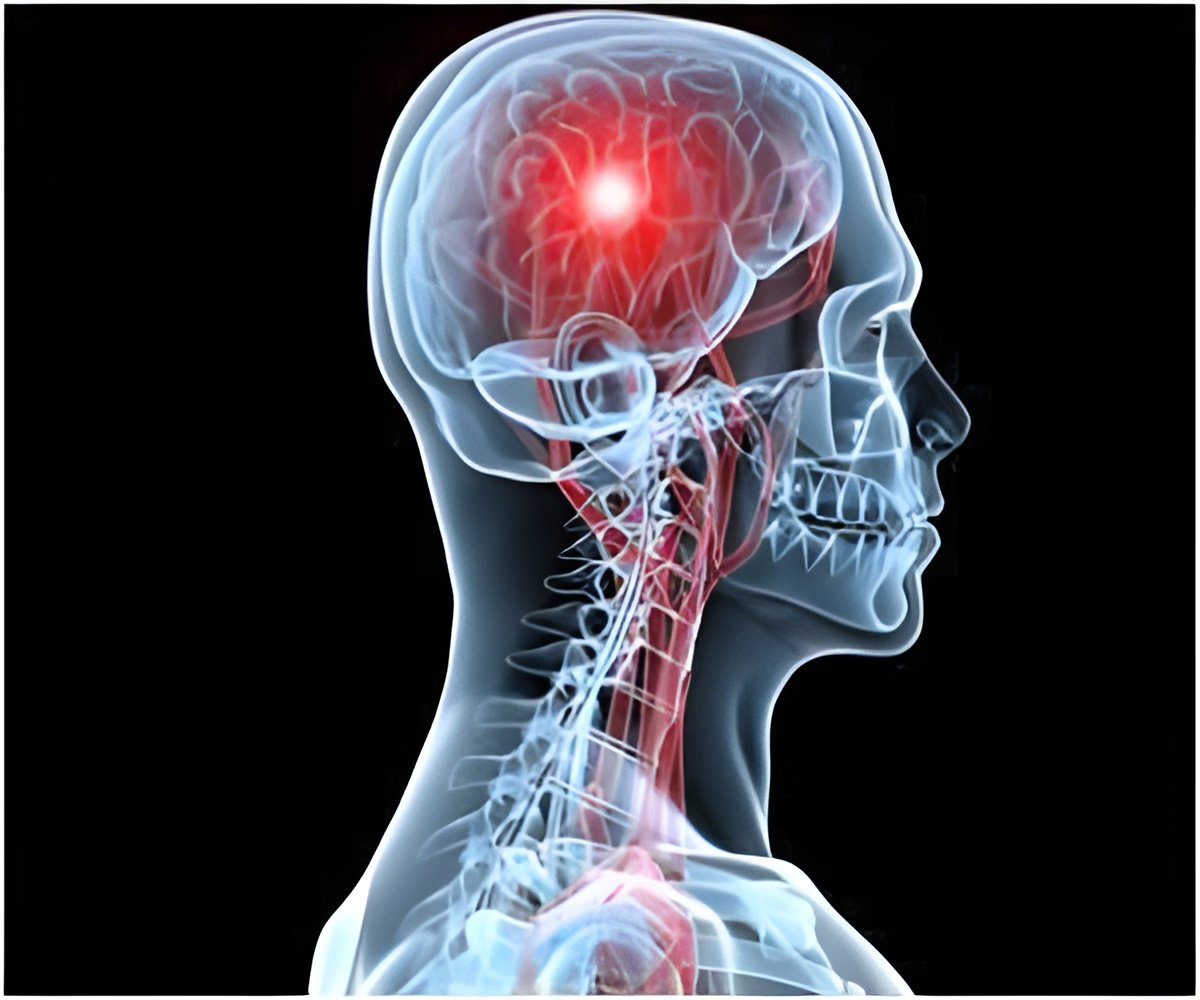
Research on mice with four different varieties of dementia showed that genetically deleting GPR3 resulted in cognitive improvement and reduced signs of disease in the brain.
But since mouse models of Alzheimer's disease are not directly equivalent to the human condition, more research is needed to determine if the same process could work in people.
Researchers are encouraged by the fact that about half of all drugs currently on the market target this type of receptor, known as a G protein-coupled receptor.
Also, autopsies on the brains of people with Alzheimer's have shown that a subset of patients show high levels of GPR3, and that these levels were associated with advancement of the disease.
The study "is an example of how testing a drug target in multiple disease-relevant models can build a strong case to convince the pharmaceutical industry to launch a drug development program for Alzheimer's disease," the authors wrote.
Advertisement
More than 46 million people worldwide suffer from dementia, and cases are expected to balloon to 131.5 million by 2050 due to the aging population.
Advertisement












